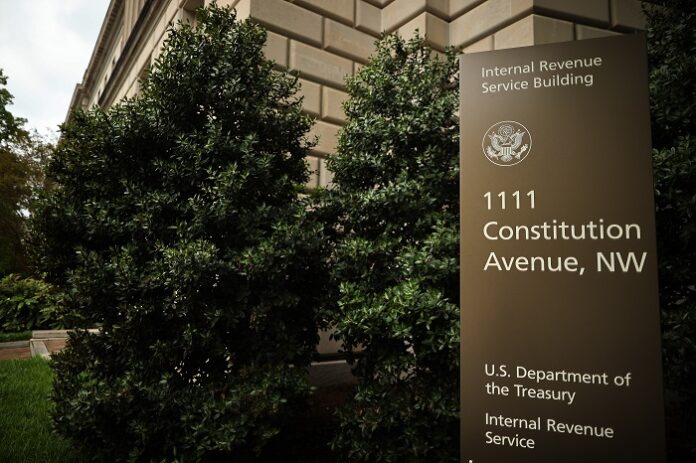Coronavirus is giving employers a one-time free pass to allow employees to make changes to their healthcare plans and flexible spending accounts without it being open enrollment.
The IRS on Tuesday said it’s giving employers permission to let employees make changes to their health insurance plans because of uncertainties caused by the COVID-19 pandemic. Normally, employees cannot change health coverage options unless it’s open enrollment–or unless they experience a qualifying life event, such as marriage, divorce or the birth of a child.
The new guidance allows employees to drop out of their health insurance if they have another option, or sign up for insurance if they have not done so; add family members to their plan or switch to a different health insurance plan.
However, the policy change doesn’t require employers to offer these options; they must opt in if they want to give their employees added flexibility.
“Employers will evaluate these changes closely before deciding whether to adopt them,” says David Speier, managing director of benefits accounts at Willis Towers Watson. “The guidance may require some extra paperwork for employers, but the added flexibility may be attractive to workers who want to make changes.”
Related: Here’s how employers are changing benefits due to COVID-19
Meanwhile, he notes, the changes are welcome news to employees, especially to those whose financial situation has changed during the pandemic. However, they must know they cannot make changes if their employer doesn’t adopt the new guidance.
Though allowing such changes may be an administrative headache some companies may want to avoid, many employers had been pushing the agency to make these changes, indicating that a number will offer the option to employees.
Additionally, the IRS guidance is easing healthcare flexible spending account and dependent-care accounts rules, allowing employees to also make changes to those accounts mid-year. That’s important for employees, as the pandemic has caused changes in how the money in those accounts is being used and the amount needed to fund them sufficiently. Many workers have been forced to postpone non-essential care or procedures because of the COVID outbreak, while others might be spending more money on healthcare if they caught the virus. That new guidance is also important because parents can use dependent-care accounts to pay for children’s summer camp or after-school expenses–most of which have been canceled because of the pandemic.
Find all of HRE’s coronavirus coverage here.
The guidance also extends carryovers through year-end. For employers who have adopted a carryover provision, their employees can carry over unused funds in their 2020 spending accounts until June 30, 2021, and can carry over $550, an increase from $500.



